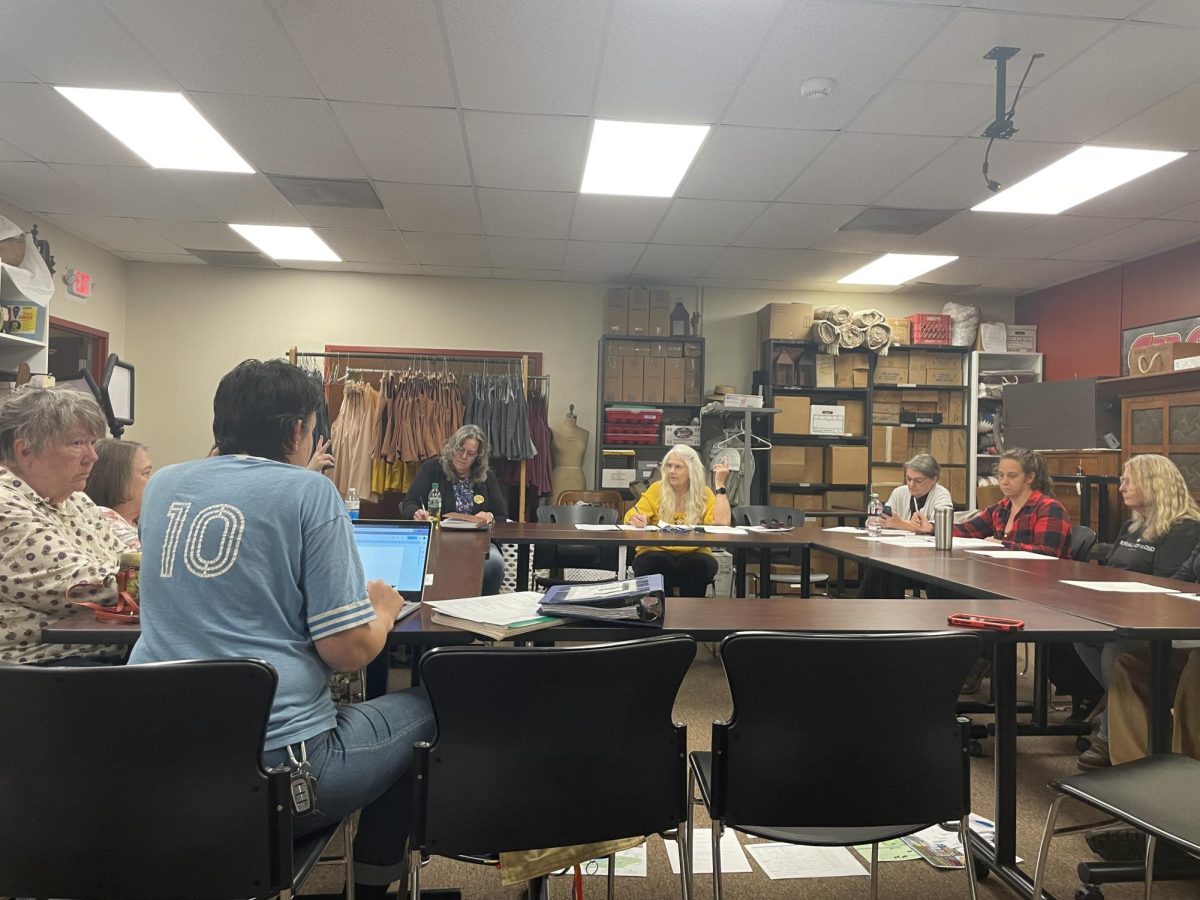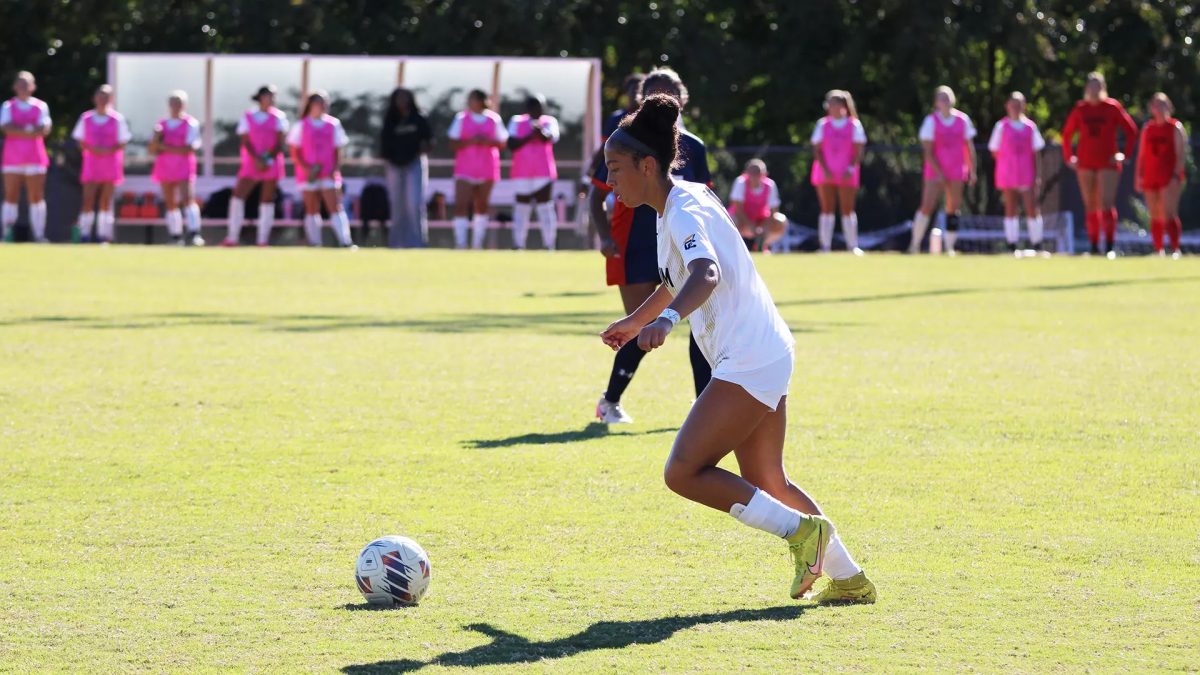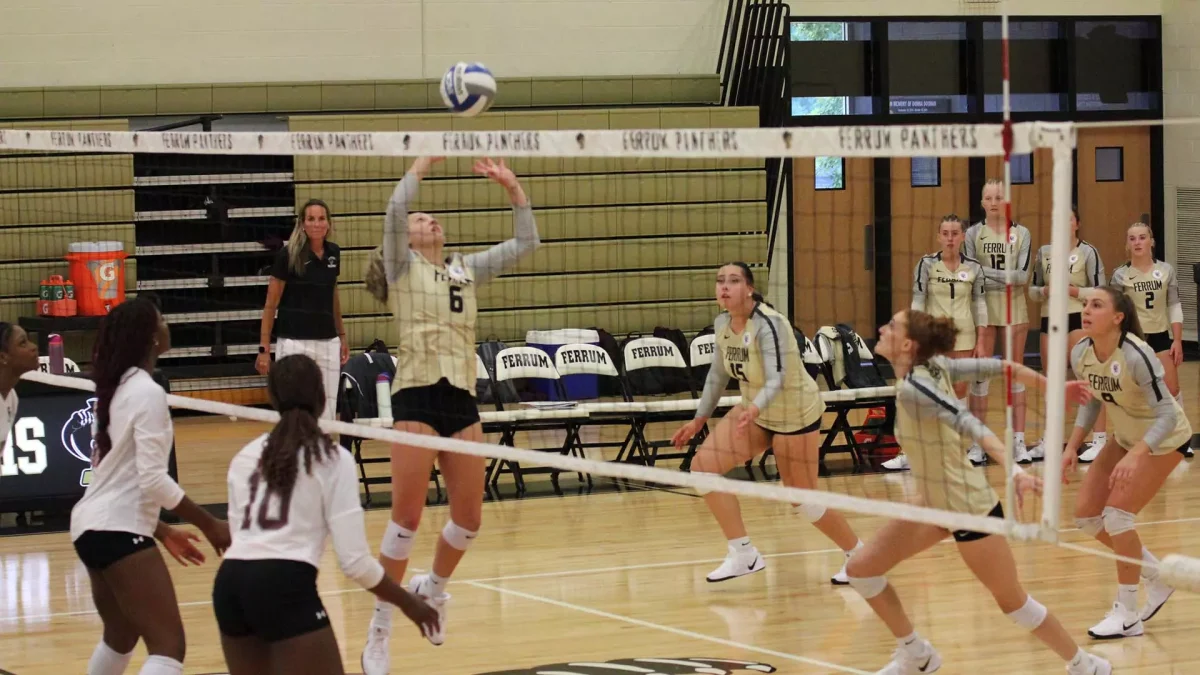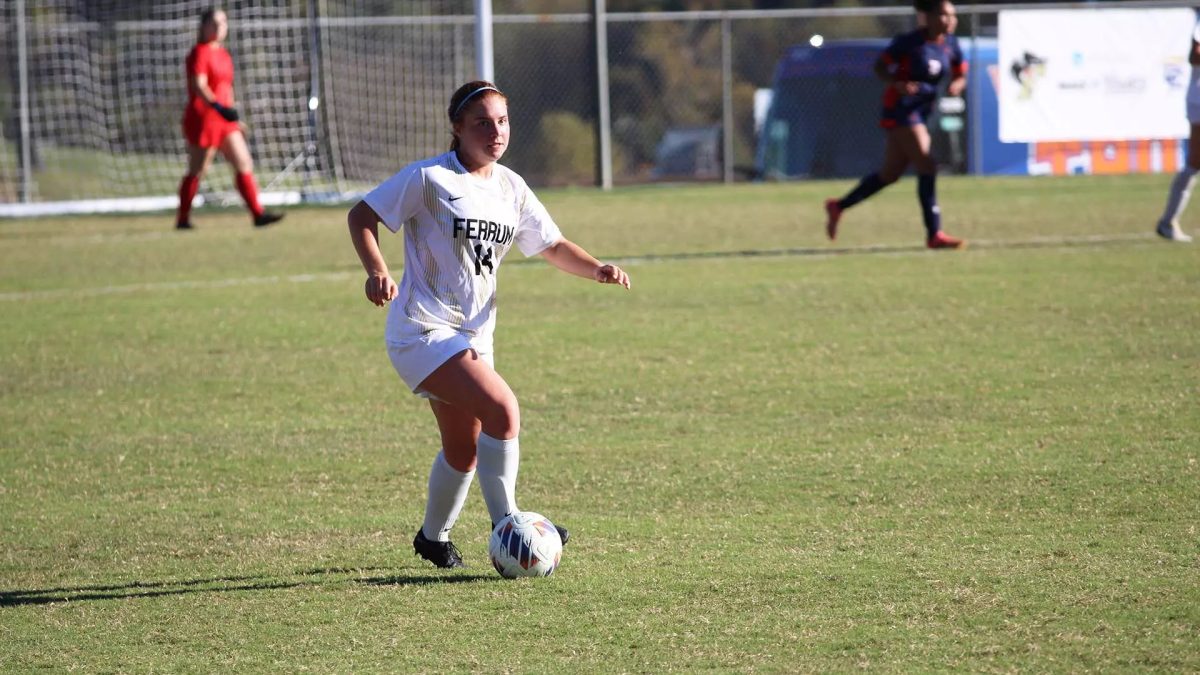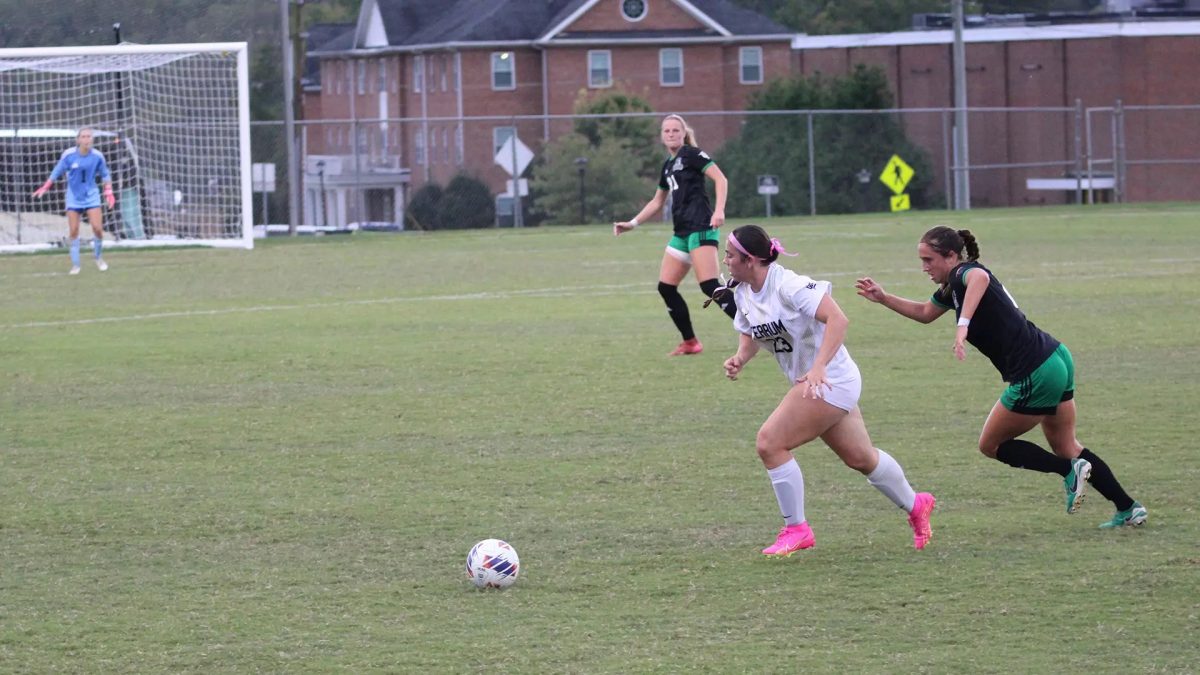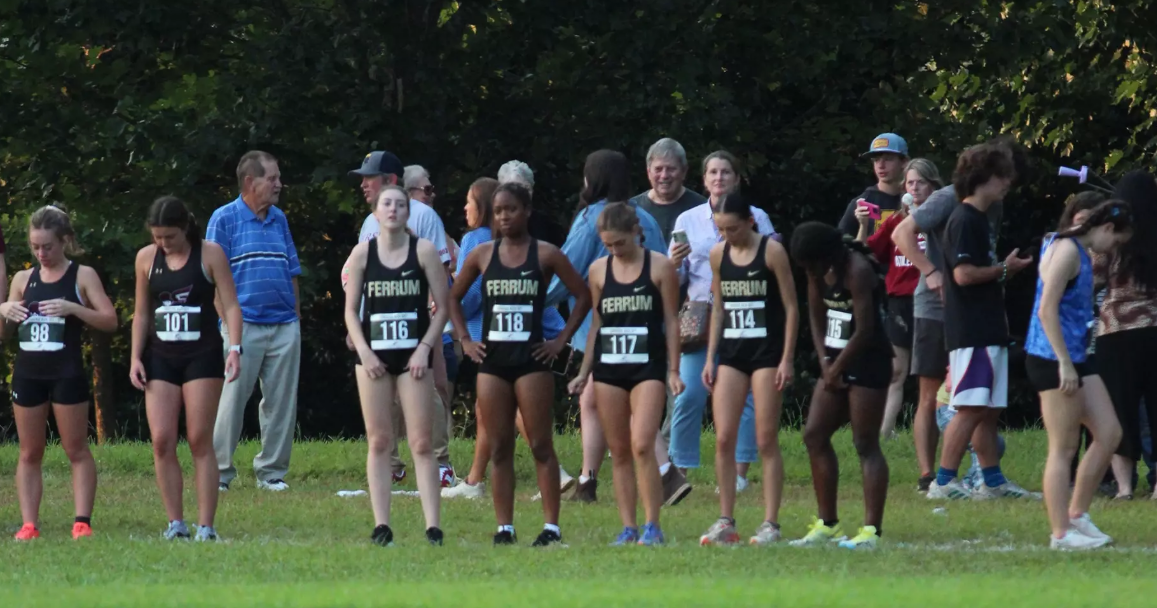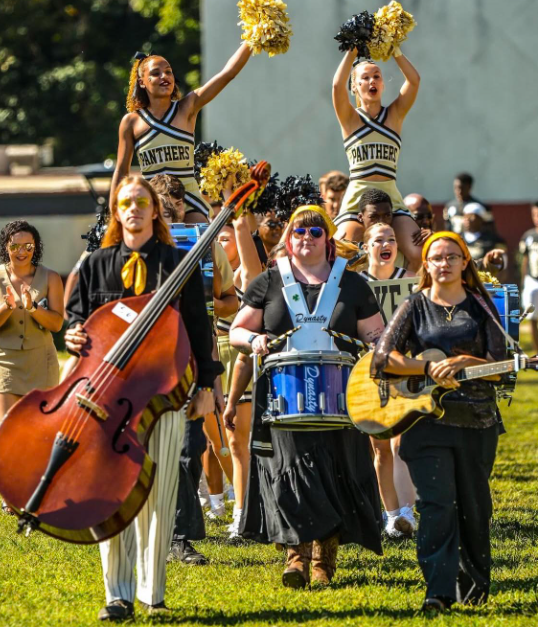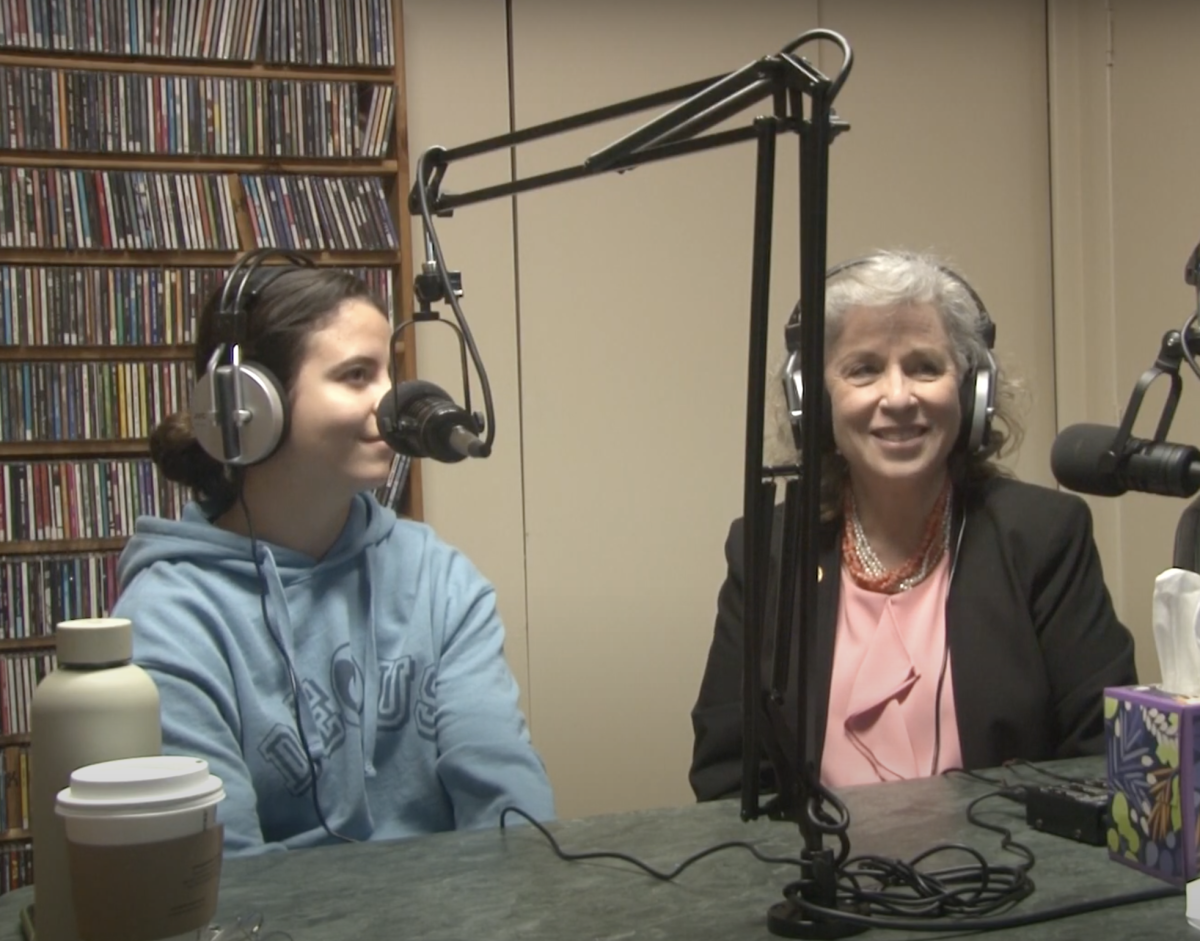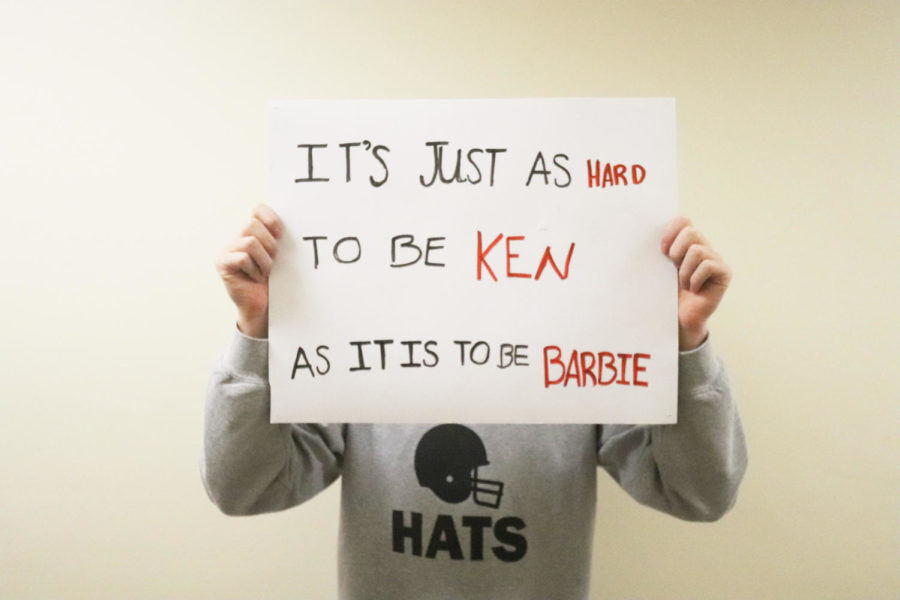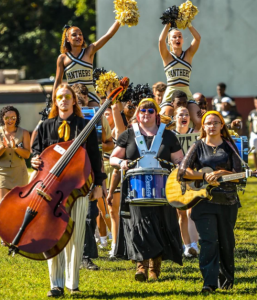Basketball Game Turns to Shame, Embarrassment
Body shaming for male athletes is just as real as it is for female athletes.
August 1, 2022
It was my first college basketball game.
The crowd was wild, the players light on their feet.
One basket. Then another. Then a layup.
But the one thing that threw me off about the whole experience was the Unsportsmanlike conduct. Not from the players, but from members of the group of students who sat behind me.
It was appalling to say the least. At first it was funny, the taunts were light-hearted and mostly toward the referees.
But then it got worse.
The taunts began to become more and more malicious as the game intensified. It shocked me the things that they yelled.
But the one thing that I remember the most from that night was the taunt to one of the players that he should hit the weight room.
I was floored.
How could they say that?
Even more, how could they say that out loud, within hearing distance from the player, his coach, and even his teammates!
I was embarrassed, but not for myself, for the bullies who sat behind me.
The two major problems I had with my experience was the fat-shaming and unsportsmanlike behavior from the students behind me. Both go hand in hand in this situation.
Unsportsmanlike conduct happens all the time but that does not make it okay, and fat-shaming players is as unsportsmanlike as it can get.
The fact that it was coming from a group from our home team is also what makes this a big deal.
Not only that, the comments were coming from women athletes on a team here.
Wow! Usually, when we hear about body shaming, it’s a societal issue where men are blamed for shaming women.
To have those roles reversed, when women are generally victims in this issue, is more than unsettling.
I imagine that had the male students in the audience been shaming a female athlete, there would have been a far bigger outcry–or an outcry at all.
Try something. Right now.
Google “Body Shaming” and click on images.
Look at the images.
Ninety-nine percent of them are images of women. Not men. So while this issue is focused mainly on women, it’s obvious there is a male counterpart to it.
We are adults. Or at least we’re supposed to be. We are in college, and we should know that there is a difference between playful taunts and intentional bullying.
What was said to the player and team should not have been said, and if the roles had been reversed, I’m sure the mood would be a lot different.
According to BullyingStatistics.org, almost 94 percent of young females and 65 % of young males have been subjected to body shaming.
The statistics show that male athletes are just as susceptible to body shaming as women, and some argue it could even be assumed that the statistics for male body shaming is higher because of the lack of awareness and urgency to solve the issue.
“You can’t control what people are gonna say… It’s not something that is widely discussed,” Then-Men’s Basketball Coach Tyler Sanborn said.
He is correct on two fronts.
First, we cannot control what other people say.
But we can control what we say.
Second, it obviously is something that is not discussed much.
The Iron Blade reached out to both the player and coach at Lynchburg about the incident.
Neither replied. Small wonder.
Fun is fun–but there is a limit.
This piece is not meant to complain or whine; it is to show that both men and women experience body shaming in sports.
It was not okay what they said, and it is not something that people should tolerate in sports, whether it is on or off the court.
Sports is a way to bring whole communities together and encourage each other to be their best.
When you have something like what I experienced happen, it makes it unenjoyable and may even deter some people from coming back again.
The game was phenomenal; the group behind me was not, and this is not called a sensitive topic; it is called just being a decent person.
It costs nothing to control what you say, and it costs even less to be kind.

